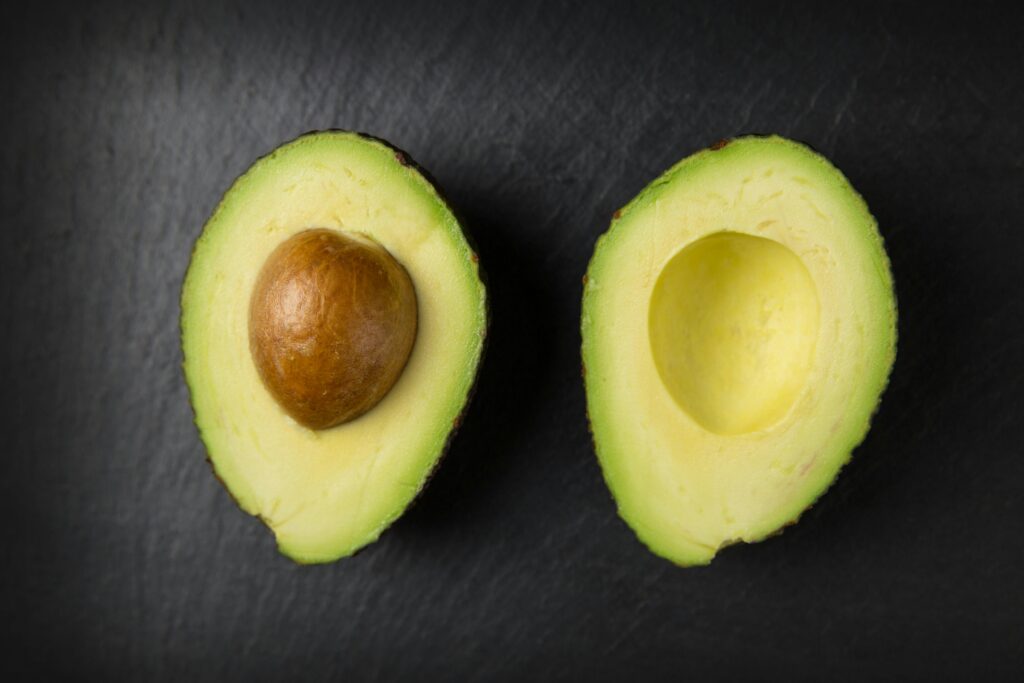
Chemical formula of Glutathione
Glutathione, often referred to as the body’s “master antioxidant,” is a tripeptide composed of glutamine, cysteine, and glycine. It plays a pivotal role in protecting cells from oxidative stress, supporting immune function, and detoxifying harmful substances.
Glutathione, often called the body’s “master antioxidant,” is a powerful molecule essential for maintaining health and longevity. Found in nearly every cell, it plays a crucial role in detoxification, immune function, and protecting against oxidative stress. This naturally occurring compound helps neutralize harmful toxins, supports cellular repair, and contributes to overall vitality. Understanding the importance of glutathione and how to naturally optimize its levels can be a game-changer for those seeking holistic and natural ways to cleanse, nourish, and adopt healthier habits for lifelong wellness.
Natural and Dietary Sources of Glutathione
While the human body synthesizes glutathione, certain foods can support its production:
- Sulfur-Rich Foods: Cruciferous vegetables like broccoli, cauliflower, and Brussels sprouts are rich in sulfur, a vital component for glutathione synthesis. 1
- Allium Vegetables: Garlic, onions, and leeks not only enhance flavor but also provide sulfur compounds beneficial for glutathione production. 2
- High Glutathione Content Foods: Fruits such as avocados, lemons, and strawberries contain notable amounts of glutathione.3
- Nuts and Seeds: Walnuts, almonds, flaxseeds, and sunflower seeds offer nutrients that support glutathione synthesis.4
Disease Conditions Associated with Glutathione Levels
Adequate glutathione levels are crucial for health, and deficiencies or dysregulation have been linked to various conditions:
- Glutathione Synthetase Deficiency: This rare genetic disorder impairs the body’s ability to produce glutathione, leading to symptoms like hemolytic anemia, metabolic acidosis, and neurological issues.5
- Neurodegenerative Diseases: Conditions such as Parkinson’s and Alzheimer’s diseases have been associated with decreased glutathione levels, suggesting its role in protecting neuronal health.6
- Cardiovascular Diseases: Oxidative stress contributes to heart diseases, and glutathione’s antioxidant properties are vital in mitigating this risk. 7
- Cancer: Altered glutathione metabolism has been observed in various cancers, indicating its involvement in tumor progression and resistance to therapy.8
Glutathione and the Three Tenets of Holistic Health
- Cleanse: Glutathione detoxifies the liver by neutralizing toxins, aiding in their excretion, and protecting cells from oxidative damage.
- Nourish: By supporting immune function and cellular health, glutathione ensures optimal nutrient absorption and utilization.
- Adopt Healthy Habits: Incorporating glutathione-rich foods and engaging in regular physical activity can naturally boost its levels, promoting overall well-being.
Other Minerals and Foods That Naturally Boost Glutathione Levels
In addition to sulfur-rich foods, several minerals and nutrients play a crucial role in supporting glutathione production and function in the body:
- Selenium: This essential mineral is a cofactor for glutathione peroxidase, an enzyme that enhances glutathione’s antioxidant properties. Foods high in selenium include Brazil nuts, sunflower seeds, tuna, and eggs.
- Vitamin C: Known for its immune-boosting benefits, vitamin C helps regenerate glutathione by reducing it back to its active form. Excellent sources include oranges, kiwis, bell peppers, and strawberries.
- Vitamin E: This fat-soluble antioxidant works alongside glutathione to protect cells from oxidative damage. Almonds, sunflower seeds, spinach, and avocados are great dietary sources.
- Alpha-Lipoic Acid (ALA): Found in foods like spinach, broccoli, and organ meats, ALA helps recycle and regenerate glutathione, extending its effectiveness in the body.
- Milk Thistle: This powerful herbal remedy contains silymarin, a compound that has been shown to support liver health and boost glutathione levels naturally.
By incorporating these nutrient-dense foods and minerals into your diet, you can support your body’s natural ability to produce and maintain optimal glutathione levels, promoting overall health and well-being.
Conclusion
Glutathione is integral to maintaining health, from detoxification to disease prevention. Embracing a diet rich in sulfur-containing vegetables, allium species, fish, certain fruits, nuts, and seeds can enhance glutathione production. Understanding its significance empowers us to make informed choices, aligning with holistic health principles to cleanse, nourish, and cultivate healthy habits.
For a simple and convenient way to incorporate this essential antioxidant peptide into your nutrition, contact us by filling out this form or calling us directly at 646.450.8787.
References:

